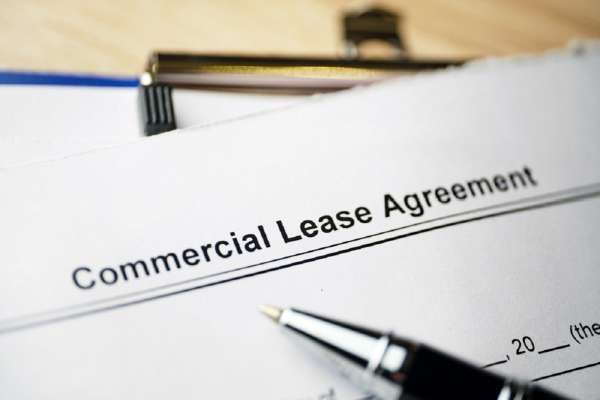Contact Us
If you have any more questions or would like more information regarding commercial leases, you can contact our Commercial Property Solicitors below.
Signing a new commercial lease agreement for your business is an exciting prospect, but you should take time and care to ensure the lease provisions are suitable for your business and are commercially workable. Even the most straightforward commercial leases commonly contain complex provisions, highlighting the importance of seeking professional advice before starting the commercial leasing process.
Below we highlight 7 key questions you should consider before signing a commercial lease.
Heads of terms outline the terms that have been agreed in principle between the parties of a commercial lease. The value of this process means that you have the opportunity to negotiate the terms of the proposed lease before the heads of terms are finalised.
Once the heads of terms are passed to solicitors and professional costs are incurred, it will be harder to justify a renegotiation of the terms.
What exactly are you leasing? What areas are you entitled to use? Are car park spaces and necessary rights of way included?
Plans and property descriptions should be scrutinised in detail as this could impact the areas you are responsible for when it comes to the repair and maintenance of your commercial property (see next point).
Is the landlord responsible for certain parts of the premises or is it a full repairing and insuring (FRI) lease? An FRI lease means the costs of all repairs and insurance fall on the new tenant to. Significantly, this could mean that the tenant must put the commercial property into repair, even if it is not in repair when the tenant entered into the lease.
It is best to do your due diligence by assessing the condition of the commercial premises before you accept and sign on the dotted line. If you are taking a lease of a commercial property which is not in a good state of repair when the lease is granted, consider making use of a schedule of condition.

Caution should be exercised when considering the length of a commercial lease. Very few businesses are invulnerable to sector-specific and wider economic cycles and so tenants need to ensure they have suitable options to get out of a commercial lease agreement.
The most common option is a break clause, which allows for a party to give notice to end the tenancy early. Regardless of who is serving the notice, you will need to ensure that the conditions and requirements under the break clause are complied with in order to exercise an effective break. It is also essential that the break clause and conditions are drafted with precision and care as the exact wording of the clause will need to be adhered to stringently
Other options include assignment (another party essentially taking over the lease from the outgoing tenant), and also subletting and sharing occupation which may be useful options to spread the cost of the rent for a property.
It is important to know whether you have security of tenure or not. Security of tenure means you have the automatic right to renew the commercial lease once it comes to an end. Many landlords may choose to exclude security of tenure to remove this right.
Tenants often invest a lot of money into altering or improving leased properties only to discover at the end of the lease that they cannot renew the lease and the investment costs won’t be fully recuperated or utilised.
With inflation at its highest level since 1981, landlords are increasingly more likely to want to impose rent reviews to protect themselves against rising costs. Mechanisms for rent reviews can be as simple as a fixed uplift to a set value, or an ‘open market’ value review, or as complex as an indexed rent review based on RPI/CPI (Retail/Consumer Prices Index) subject to cap and collar.
It is equally important to determine what happens if there is a disagreement with the new rent figure or lease terms and the potential costs involved.
Most landlords typically pass on costs for insurance of the commercial property and for services such as repair and maintenance of the common parts. Service charges should be scrutinised so you know exactly what you are paying for and what you might not be covered in the commercial lease agreement.
The Landlord should provide copies of the service charge accounts from previous years which can give you an idea of the likely costs you may be asked to pay. In addition, you may be able to agree a service charge ‘cap’.
If you have any more questions or would like more information regarding commercial leases, you can contact our Commercial Property Solicitors below.